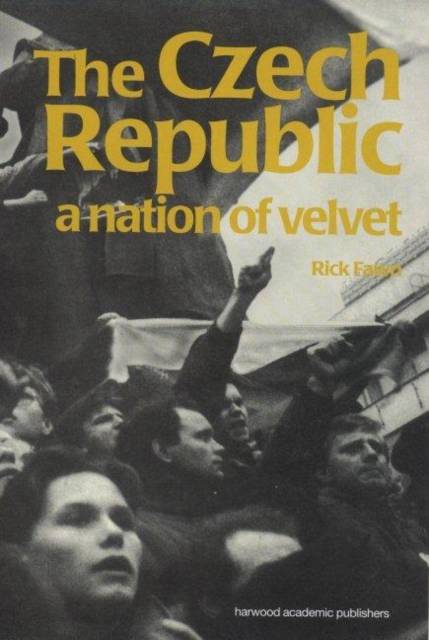
Bedankt voor het vertrouwen het afgelopen jaar! Om jou te bedanken bieden we GRATIS verzending (in België) aan op alles gedurende de hele maand januari.
- Afhalen na 1 uur in een winkel met voorraad
- In januari gratis thuislevering in België
- Ruim aanbod met 7 miljoen producten
Bedankt voor het vertrouwen het afgelopen jaar! Om jou te bedanken bieden we GRATIS verzending (in België) aan op alles gedurende de hele maand januari.
- Afhalen na 1 uur in een winkel met voorraad
- In januari gratis thuislevering in België
- Ruim aanbod met 7 miljoen producten
Zoeken
Omschrijving
Czechoslovakia has captured the nation's imagination throughout the twentieth century. The Allied betrayal of the country to Nazi Germany in 1938 was to demonstrate the appalling consequences of naive appeasement of aggression. The wholesale reform of Soviet communism in the Prague Spring of 1968 won western support, and sympathy when it was crushed by Warsaw Pact tanks. The fierce communist regime thereafter was brought down almost magically in 1989. Czechoslovakia added to the international political vocabulary the term, 'Velvet Revolution', and the velvet metaphor has characterised much of the country's path-breaking postcommunist transformation and its peaceful break-up in 1993. In separate chapters on history, politics, economics, foreign relations and the new Czech identity, this book not only applauds the successes of the Czech Republic since 1993, but also uncovers the frayed edges of the velvet nation.
Specificaties
Betrokkenen
- Auteur(s):
- Uitgeverij:
Inhoud
- Aantal bladzijden:
- 192
- Taal:
- Engels
- Reeks:
Eigenschappen
- Productcode (EAN):
- 9789058230430
- Verschijningsdatum:
- 30/05/2000
- Uitvoering:
- Hardcover
- Formaat:
- Genaaid
- Afmetingen:
- 156 mm x 234 mm
- Gewicht:
- 449 g

Alleen bij Standaard Boekhandel
+ 732 punten op je klantenkaart van Standaard Boekhandel
Beoordelingen
We publiceren alleen reviews die voldoen aan de voorwaarden voor reviews. Bekijk onze voorwaarden voor reviews.









